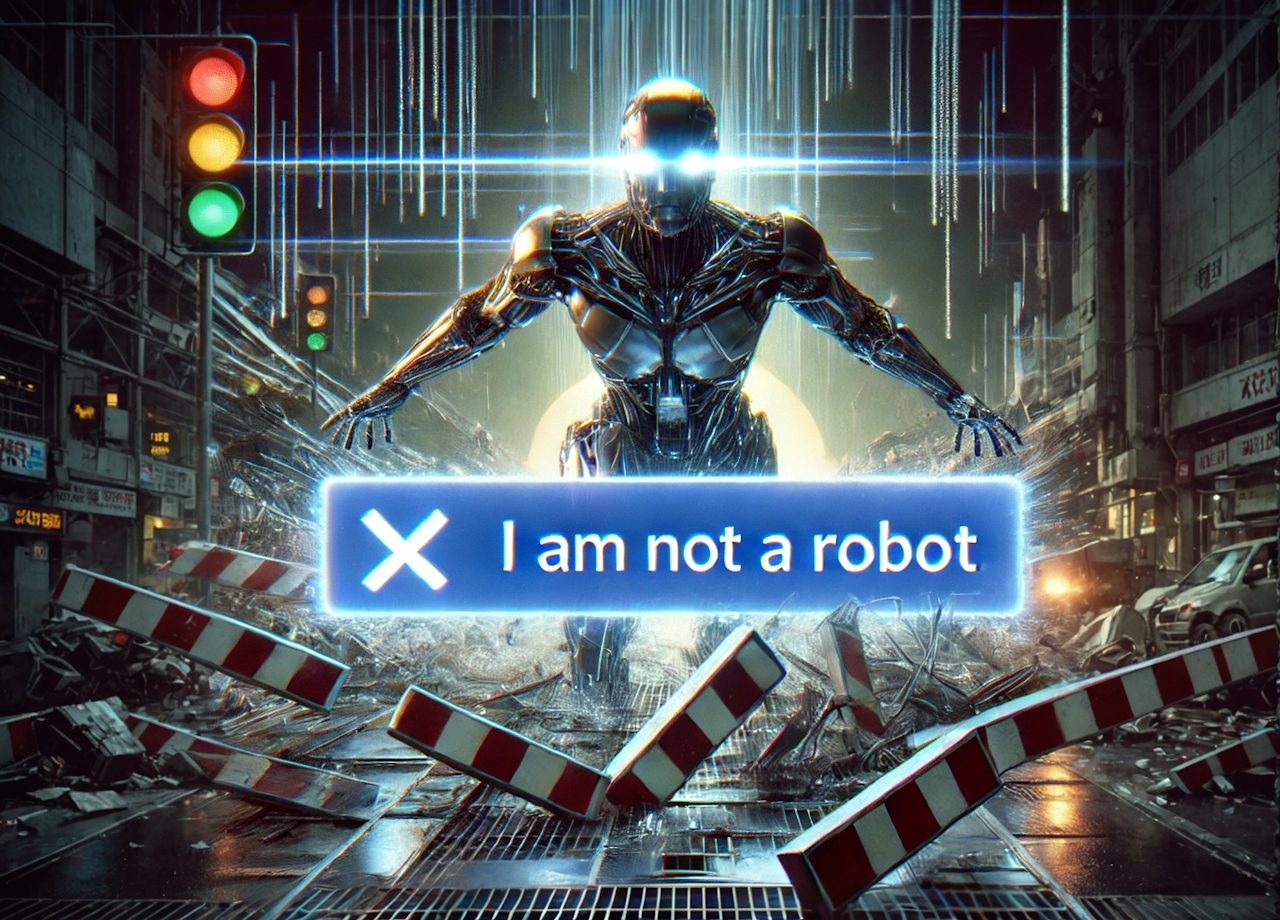In an era where artificial intelligence consistently pushes boundaries, the latest triumph over Google’s reCaptcha system marks a significant milestone. For years, reCaptcha has served as a stalwart guardian against spam, ensuring that humans, not bots, access websites. However, recent developments suggest that this digital sentry may soon be obsolete, thanks to AI’s relentless march forward.
Recent Developments in AI and CAPTCHA
A study from ETH Zurich has made headlines with its revelations: an AI-based picture-processing model was modified to crack reCAPTCHAv2, achieving nearly perfect accuracy. This breakthrough highlights the growing prowess of AI in tackling challenges traditionally reserved for human cognition. Similarly, other studies have reported that AI can now solve image-based CAPTCHAs with ease, a feat that was considered a measure of human ingenuity until now.
Security Implications for Online Platforms
The implications for online security are unsettling. With AI bots capable of bypassing these verification systems, eCommerce platforms and other online services face increased vulnerability to attacks. Experts warn that the ability of AI to defeat CAPTCHA systems could compromise security protocols, leading to a surge in automated spam and fraudulent activities. Cybersecurity professionals are voicing concerns that AI’s advancements might erode the efficacy of human verification processes currently in place.
Technical Insights into AI Advancements
The secret to these AI advancements lies in the utilisation of sophisticated algorithms, especially those based on the YOLO (You Only Look Once) model. These models have been fine-tuned to recognise and interpret complex image patterns, allowing them to achieve remarkable levels of accuracy. The challenge now for developers is to design systems that can effectively distinguish between human and AI interactions, a task that grows increasingly difficult as AI becomes more adept at mimicking human behaviour.
The Future of CAPTCHA and Viable Alternatives
As AI renders traditional CAPTCHA systems less effective, the need for innovative alternatives becomes pressing. Researchers are exploring new methods that could offer enhanced security against AI-driven threats. These alternatives may involve more sophisticated behavioural analysis or multi-factor authentication systems that are less susceptible to AI manipulation. The ongoing quest for robust verification systems underscores the dynamic nature of cybersecurity in the face of rapid technological change.
Navigating a New Security Landscape
As the digital landscape evolves, so too must our approaches to security. The success of AI in outsmarting CAPTCHA systems is a stark reminder of the need for continuous innovation in cybersecurity. For businesses and developers, this means staying ahead of AI advancements and adapting verification processes to safeguard against emerging threats. As we stand on the brink of this new era, the challenge is clear: to protect human interaction in an increasingly automated world.
For further insights into the ever-evolving world of AI and cybersecurity, explore previous discussions from FineSkyAi’s archive.
In Other News…
AI Apocalypse Themes Continue in Subservience Starring Megan Fox
Subservience, featuring Megan Fox, dives deep into Hollywood’s persistent obsession with AI’s potential dangers, portraying the technology as both a saviour and a menace. The film highlights ongoing cultural concerns about the control and power of artificial intelligence. Read More
Microsoft’s AI Strategy Faces Growing Pains
As Microsoft accelerates its AI ventures, new complexities arise, from ethical debates to fierce market competition. The company’s journey into artificial intelligence is becoming less straightforward, raising questions about its future leadership in the sector. Read More
Authors Sound the Alarm Over AI’s Role in Creative Writing
A recent controversy has spotlighted tensions between authors and tech companies, as many writers view AI-generated content as an assault on creative integrity. The clash underscores the growing unease in the literary world over AI’s expanding influence. Read More


